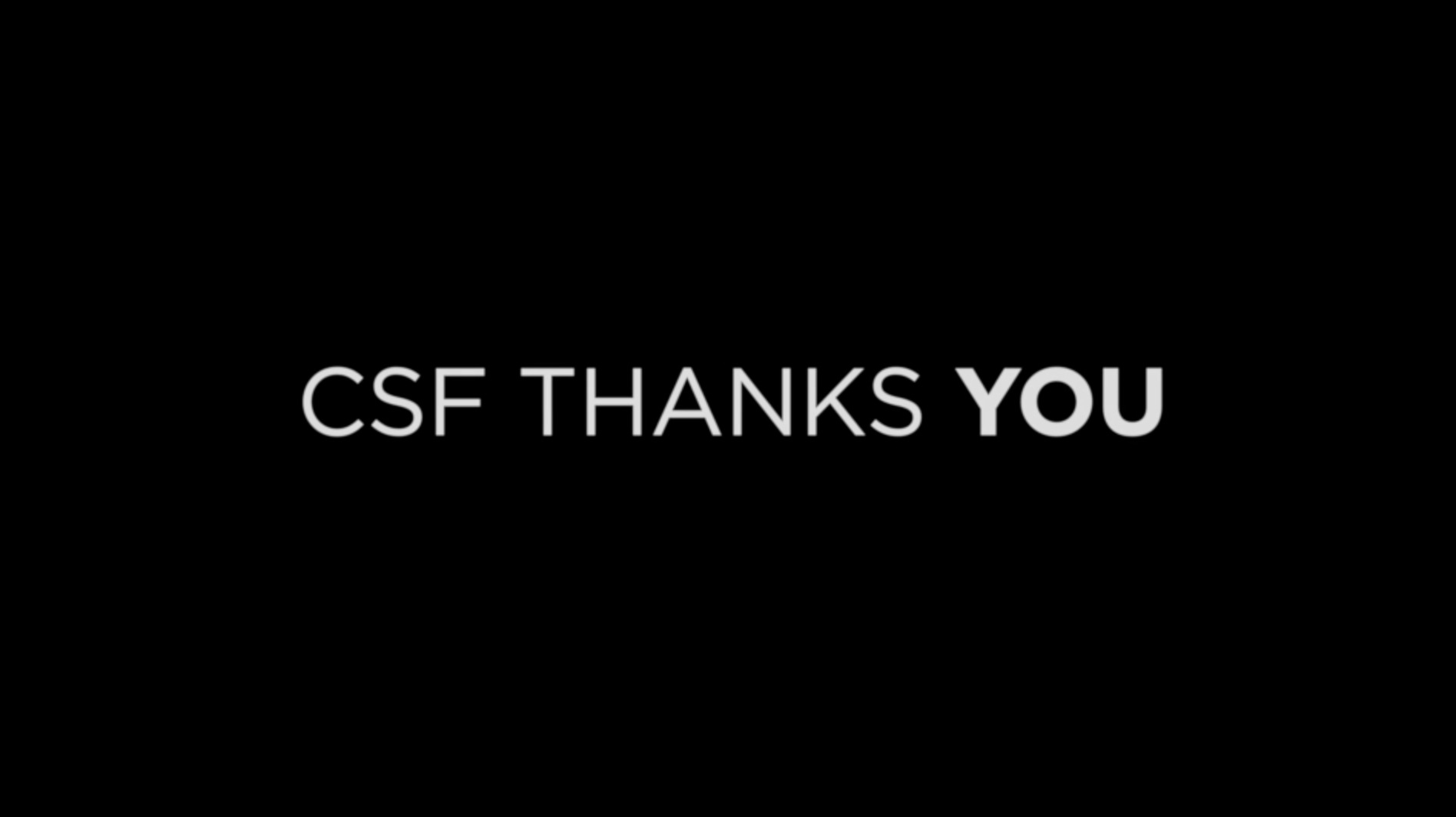News
Photo credit: Shutterstock.com
Members of the Sustainable Financing Roundtable visit a local Mennonite cattle ranch. Photo credit: Scott Edwards
The project team in front of the project stand at the Agrotins fair. From left to right: Maria Garcia (CI), Iamily Cunha (CI), Camila Jericó-Daminello (CSF), Paulo Seifer (Imaflora) and Karine Barcelos (CI). Photo credit: Anonymous
CSF-Brazil conducted a feasibility study of the most promising restoration business models for private investment in southern Amazon (AM) state, Brazil.
We conducted an economic assessment of three restoration models based on agroforestry found in the field: (1) Guaraná; (2) Coffee, cocoa and guaraná; (3) Coffee, cocoa, guaraná, açaí and banana. Feasibility results show that private investors can be attracted by these compelling business cases.
CSF-Brazil conducted a feasibility study of the most promising restoration business models for private investment in southern Amazon (AM) state, Brazil.
We conducted an economic assessment of three restoration models based on agroforestry found in the field: (1) Guaraná; (2) Coffee, cocoa and guaraná; (3) Coffee, cocoa, guaraná, açaí and banana. Feasibility results show that private investors can be attracted by these compelling business cases.
Sintarum waterfalls in Sintang. Photo credit: CSF CSF-Indonesia is continuing to work with the government of Sintang to integrate sustainability principles into development planning. From January 15-18, we conducted a workshop on sustainable landscape modeling, building directly on the scenario planning workshop we held in October.
Understanding the forest restoration models used.
Understanding the forest restoration models used.
Every day, support from donors like you makes our work possible. Are you willing to make a special year-end donation to help us protect ecosystems around the world?Please, click here to make your donation now.










